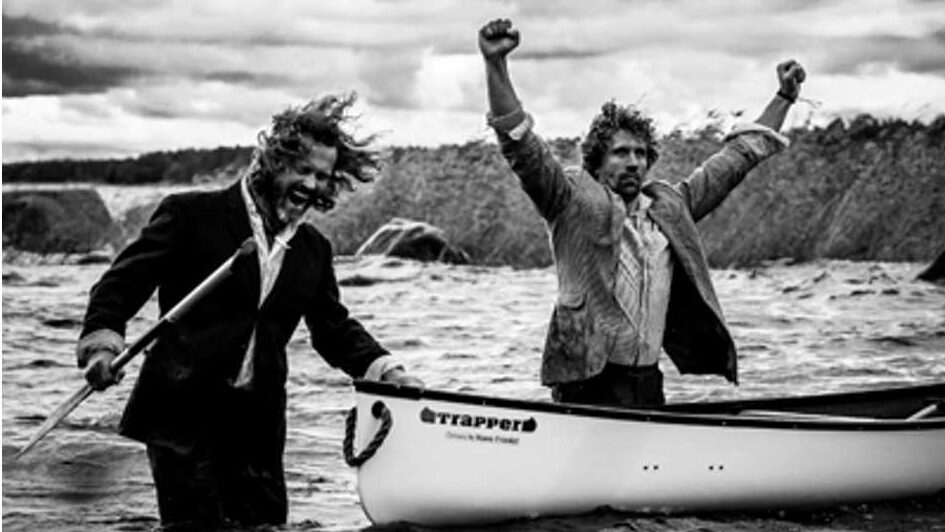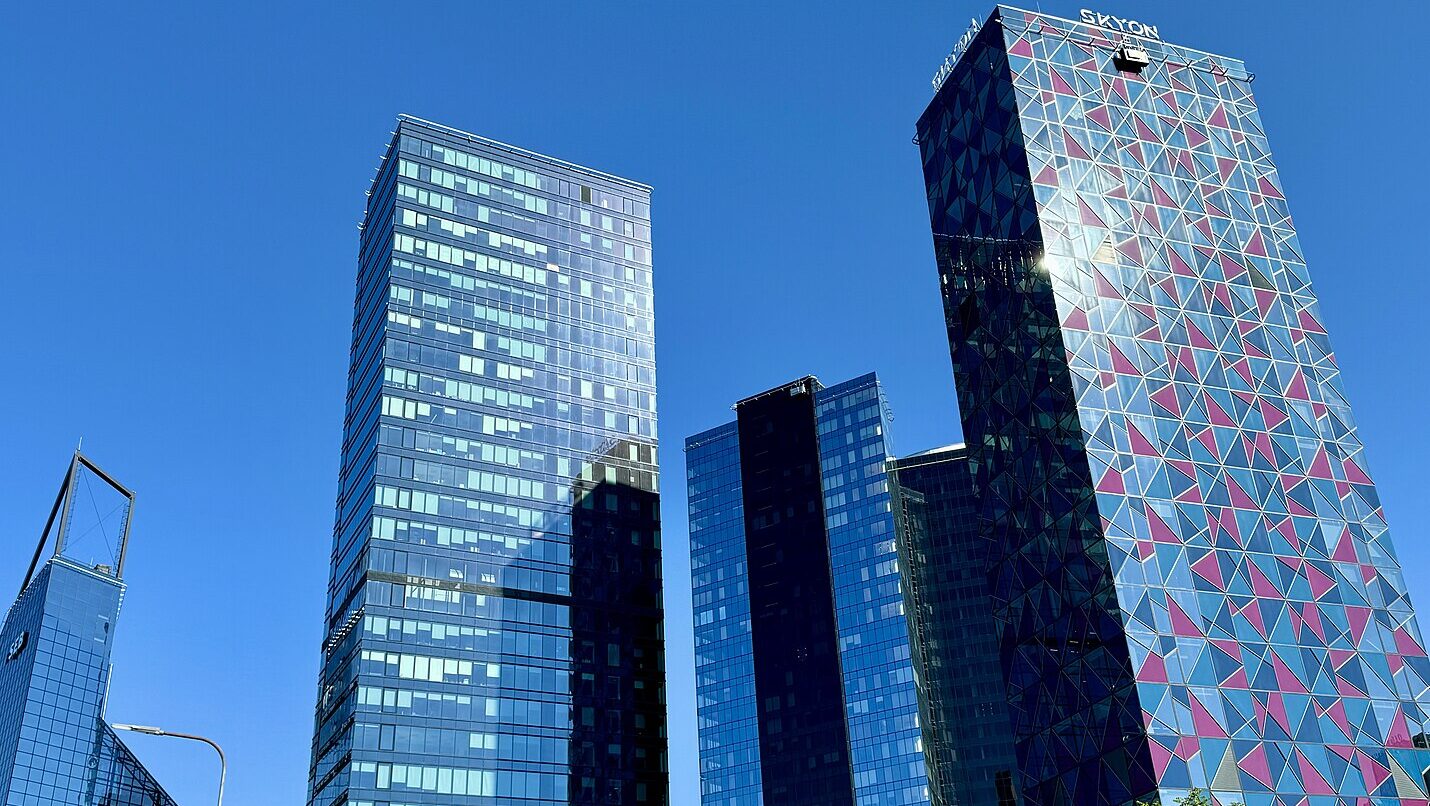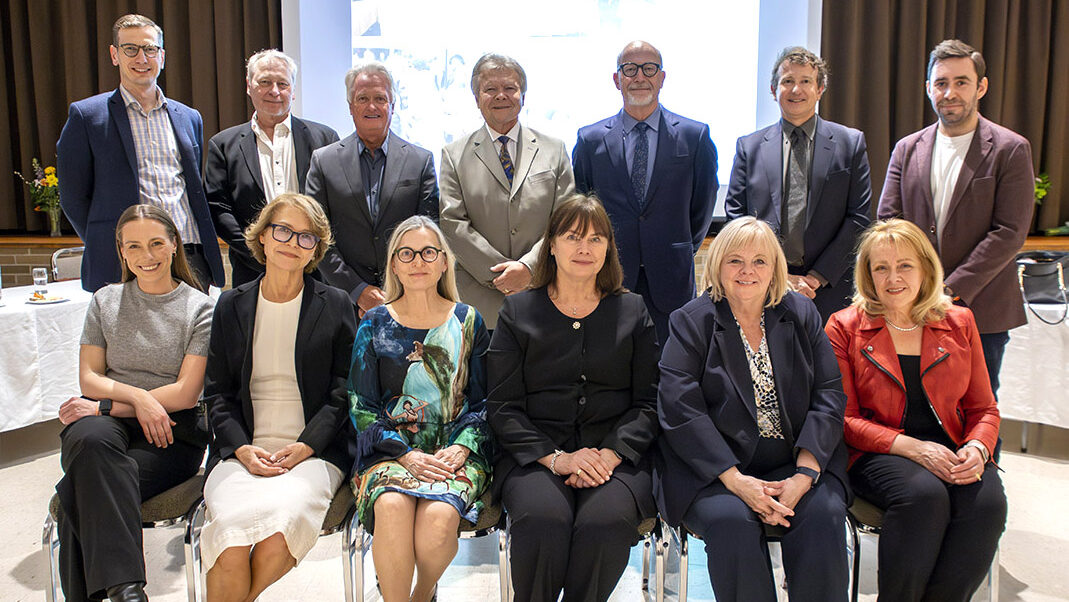Bic Sport, based in France, had gotten into board, sail, and paddle sports in 1979 as part of a licensing deal between Hoyle Schweitzer of Windsurfing International and the companies Tabur Marine and Dufour Wing. Their windsurf products were popular during some of the biggest races and championships of the 80s, when, as Bic Sport suggests, “the windsurf market was 10 times the size it is now!” The company was also a sponsor in the cycling world.
Though Bic consistently vouched for their passion for sports as a company, this recent move has shifted their attention to the consumer products more commonly-associated with their brand: shaving implements, pens, and lighters.
A year on from the acquisition, it's a major shift for Tahe Outdoors, for which Tahe means “volition”, or as Tahe Outdoors states, “willpower” or “the power of the mind.” Indeed, Tahe Outdoors has the power of mind and will to bring European manufactured and designed sporting goods to the whole world. The purchase of Bic Sport is not the first of its kind for Tahe Outdoors, which was founded in 1989.
Under it's umbrella is an impressive roster of companies: CORE Kiteboarding, SIC Maui, Carved Customs, Zegul, Oxbow, Égalis (acquired in 2013), Artistic, Robson, Tahe Marine, and Bic Sport. Back in 2015, The Paddler ezine reported on one of Tahe Outdoors' acquisitions. One of the company's owners, Janek Pohla said “The acquisition of strong German brands like Robson & Bondibeach kayaks, as well as Robson and Lightning paddles is a significant milestone in our strategy to become the number one watersports company in Europe and building a truly global solution in one stop shopping for all water sports products.”
Janek and his brother Marek joined Tahe Outdoors, formerly known as Tahe Kayaks, in 2007. It was at this time that the company experienced a restructuring. Now, it is a heavyweight contender among professional and recreational sports that have taken off with supersonic intensity, far beyond what could have been imagined by early originators of board, paddle, and sail sports, or those who invented these mechanisms early on as a means of transportation.
Through its associated brands, Tahe Outdoors has two manufacturing facilities in Estonia, two in France, the Carved Customs production facility in Germany, and several logistic facilities across Europe, North America, and Australia. According to Tahe Outdoors, its products are “present in more than 90 countries.” It's impressive to see this level of manufacturing in Europe.
But is it wise for these formally independent companies to merge into one big collective? Will the human quality and handmade character that defined these brands in their youth be tampered? For example, the founder of Carved Customs, Bernie Hiss, started shaping boards in his parent's basement on the German island of Fehmarn. He carved and rode with the zeal that only a teenager could possess. Could these merges be giving into the very idea that racing on the water rides so defiantly against, of independence?
On the other hand, you can look beyond the manufacturing and sale of boards to watersports enthusiasts, to see how these brands are working together to help cultivate a global sport and lifestyle community. It's like a big party where testing out the latest high tech gear, chilling out on the shore, and engaging in some friendly competition are the main attractions. These sports are healthy, expending physical energy and taking people away from their busy days and any sources of stress and anxiety. These activities are often social, providing support and a sense of community. For a sport like stand-up paddling (SUP), there are benefits in terms of balance and upper-body strength or relaxation and flexibility if you consider SUP yoga. As a result of Tahe Outdoors having brought these wide-ranging watersports companies together, there is the possibility that one sport will lead to another, giving people an even wider range of benefits.
Having such large influence in the sports market is significant for the Estonian economy, too, especially considering the official inclusion of kite foil racing as of the 2024 Paris Olympics.
From the company's headquarters in Viimsi, roughly a quarter hour northeast of central Tallinn, several of the world's watersports innovators are able to bring out new designs of boards, foils, kayaks, sails, and more that will find their way into future competitions and just-for-fun outings. And as ever, we'll be able to point at one of these neat products and say “did you know that they're an Estonian company?”
This article was written by Vincent Teetsov as part of the Local Journalism Initiative.




